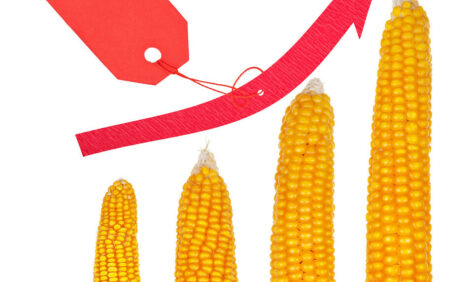



Germany has no new foot-and-mouth disease cases, minister says
Germany has only one case of the diseaseGermany has no new cases of the livestock illness foot-and-mouth disease with a suspect case on Thursday not confirmed, Reuters reported, citing German agriculture minister Cem Oezdemir on Friday.
Germany has only one case of the disease, Oezdemir said on German radio Deutschlandfunk.
Germany announced the country's first outbreak of foot-and-mouth disease in nearly 40 years on Jan. 10 in a herd of water buffalo on the outskirts of Berlin in the Brandenburg region.
Brandenburg's state agriculture ministry confirmed the negative test result, saying: "At the current timepoint, there are still no indications of a spread of foot-and-mouth."
The Brandenburg ministry said several emergency measures to contain the disease, including some restrictions on animal transport, will not be extended from Friday, but it stressed the quarantine zones around the case remain in force.
German authorities are intensively testing animals on farms in the area around the first case. Measures to contain the highly infectious disease, which poses no danger to humans, often involve bans on imports of meat and dairy products from affected countries, with Britain, South Korea and Mexico imposing import bans on Germany this week.
Foot-and-mouth disease causes fever and mouth blisters in cloven-hoofed ruminants including cattle,pigs, sheep and goats and in past decades needed major slaughtering campaigns to eradicate.
Oezdemir said on Friday Germany will continue intensive efforts to contain the disease and win back the trust of countries which have imposed import restrictions on German agricultural products.
A spokesperson for the European Commission, the EU's executive arm, said on Thursday Germany's efforts to stop the disease spreading would enable the regionalisation principle to be used.
Under this EU rule, sales of meat and dairy products are only restricted from the region where the disease has been confirmed and produce from elsewhere in the affected country can still be sold inside the EU.
Oezdemir said earlier Germany's continued access to EU markets would depend on the lack of new cases.



